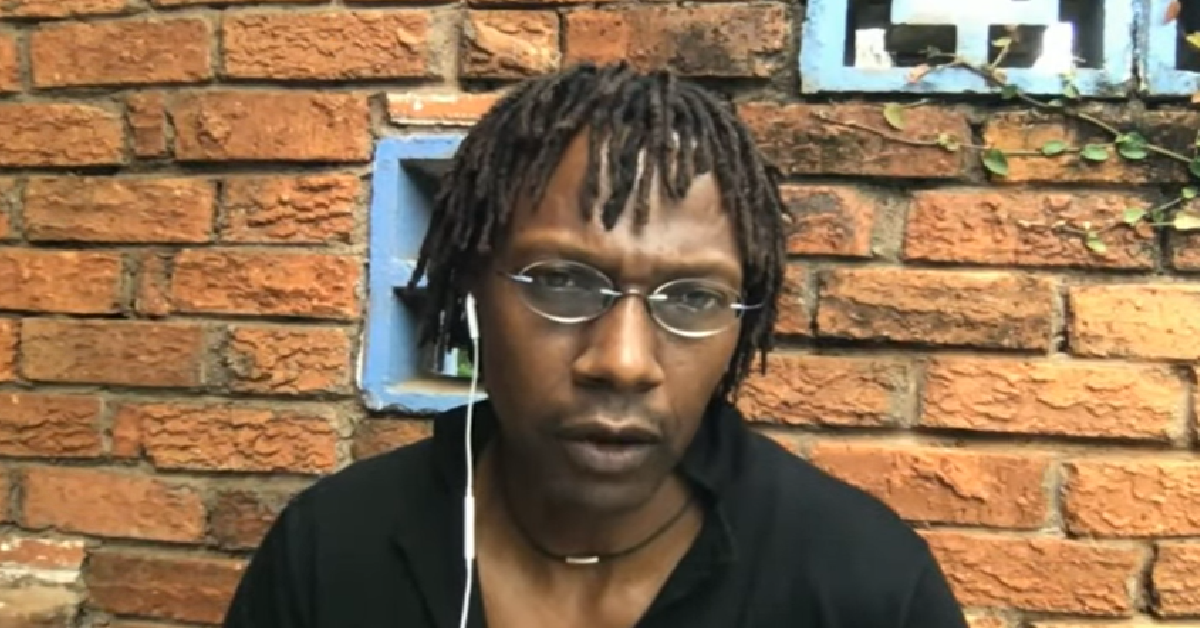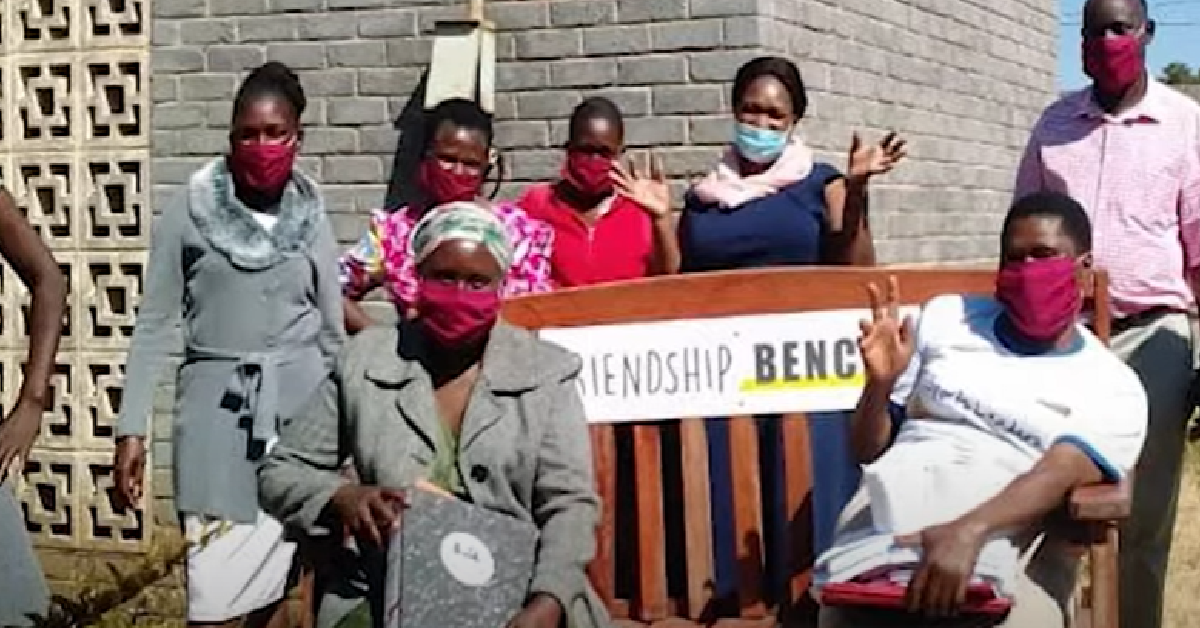Grandmothers In Zimbabwe Are Changing The Way We Look At Mental Health
Timothy Roberts
Most of us know somebody that struggles with mental health issues. Perhaps we may struggle with them from time to time as well.
If you happen to live in Zimbabwe, you may have a unique avenue of dealing with mental issues through a different type of mental health care. It is something that is known as "The Friendship Bench."
 Photo: YouTube/Bloomberg Quicktake
Photo: YouTube/Bloomberg Quicktake
According to the McKinsey Health Institue, Dixon Chibanda is a psychiatrist in Zimbabwe that founded the idea. One of his patients committed suicide because she could not go to the hospital. The hospital was too expensive, so she took her own life.
After this occurred, the doctor realized that he had to do something to change matters. He wanted to take psychiatry away from the hospital and put it into the hands of the community.
The type of therapy that he was interested in was community-based. He wanted to use the compassion and accessibility of grandmothers to make a difference in people's lives.
 Photo: YouTube/Bloomberg Quicktake
Photo: YouTube/Bloomberg Quicktake
In an interview with McKinsey Health Institue, he spoke about the Friendship Bench, saying how it really is a unique psychological therapy or "talk therapy." Grandmothers in the community are the ones trained to help with basic types of cognitive behavioral therapy.
Prior to being given a wooden park bench in their community, the grandmothers get training for about a month. At first, The Friendship Bench is a one-on-one therapy, but eventually, it can support a more extensive peer support system.
When they researched the program, they discovered that many participants who suffered from depression had significant improvements.
 Photo: YouTube/Bloomberg Quicktake
Photo: YouTube/Bloomberg Quicktake
He said: "At six months, those receiving therapy from a grandmother were much better off than those who received therapy from a trained community mental health nurse or psychologist."
At first, he called The Friendship Bench the "Mental Health Bench." As you can imagine, not many people wanted to come visit the bench so the grandmothers told him he needed to change the name.
After changing the name to The Friendship Bench, more and more people began to visit. They didn't change how they conducted therapy. They simply changed the name.
 Photo: YouTube/Bloomberg Quicktake
Photo: YouTube/Bloomberg Quicktake
To reach more people and be more strengthening and uplifting, he also doesn't use clinical terms in personal conversations.
He feels that using terms such as depression, bipolar disorder, or schizophrenia leads to division. He thinks those terms can be used when speaking to clinicians, but they are better removed within the communities.
The Friendship Bench reached more than 60,000 people last year in Zimbabwe. It has also gone worldwide, reaching approximately 500,000 individuals. Check out the video below:


